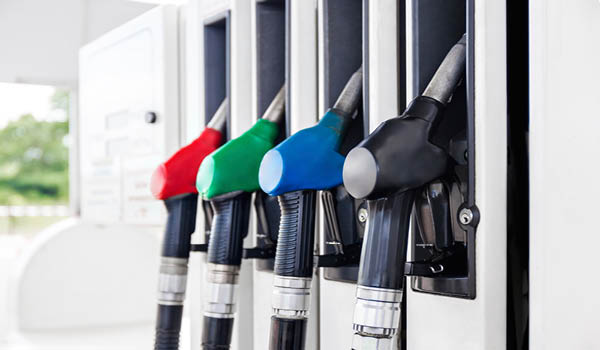Petrol retailers will be encouraged to seek compensation to recover costs if the Queensland Government’s biofuel mandate fails as many industry operators have predicted.
The mandate, which comes into effect on January 1, 2017, requires all fuel retailers with 10 or more sites (or fuel retailers with any site selling more than 2ML of petrol per year) to sell methanol-blended petrol (such as E10) and biodiesel.
Three per cent of the total volume of regular unleaded petrol sales and ethanol blended fuel sales by liable retailers must be biobased petrol (ethanol). The diesel mandate requires 0.5 per cent of all diesel fuel sold to be biobased.
The government says a biofuel mandate is a step towards growing the state’s biofuel and bio-manufacturing industries, which will create a greener future for Queensland.
But while the government will introduce a consumer education campaign to help drivers to better understand biofuels, Queensland motorists will still be able to choose the fuel that they use in their engine.
That, says Australasian Association of Convenience Stores (AACS) executive director, Jeff Rogut, dooms the mandate to failure and is likely to cause fuel retailers financial hardship.
“It is forcing service stations to sell a product that nobody really wants, and that is really against ‘the laws’ of free enterprise,” said Mr Rogut.
“Consumers don’t want it, and fuel retailers don’t want to be reconfiguring service stations at great cost for little result. We should be selling what people do wish to buy for their vehicles, or any other products.”
Liable fuel retailers who do not sell the minimum amount of biofuel face a maximum penalty of 200 penalty units for a first offence and 2000 penalty units for a second or later offence. One penalty unit is currently valued at $121.90.
Fuel sellers who take all reasonable steps to comply with the mandate, but fail to sell the minimum required amount, may avoid penalties, however, they are still up for the infrastructure costs necessary to comply with the mandate.
“You’ve got to put the infrastructure in, whether it’s reconfiguring pumps, putting in new pumps, changing signage, changing price boards, all of the back end that goes with that – it is a huge amount of cost and effort for very little result,” said Mr Rogut.
“The operators work in a pretty low margin environment and many of them are small, independent businesses, particularly in rural and regional areas and even in the outer metro areas. If they are forced to make an expenditure on something that does fail, I would certainly encourage them, after an appropriate period of time, to seek compensation from the government for their failed experiment.”
In NSW, a bill has been introduced into parliament to extend the ethanol mandate across the state so that more retailers must comply with minimum ethanol requirements, however, Mr Rogut said the move has met with political opposition.
“One of the government ministers resigned as a result of it and I know even the Greens, who are not always allies of the petrol industry, also support the position that it shouldn’t be mandated.”
Mr Rogut said AACS will continue to talk to government but is sceptical that common sense will prevail.
Sign up to C&I’s free bi-weekly newsletter here to receive the latest industry news every Tuesday and Thursday. Follow C&I on Facebook, Twitter and Linkedin

